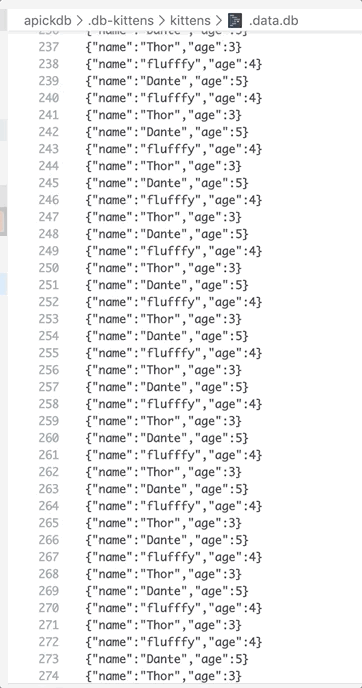Using fs.appendFile or fsPromises.appendFile are the fastest and the most robust options when you need to append something to a file.
In contrast to some of the answers suggested, if the file path is supplied to the appendFile function, It actually closes by itself. Only when you pass in a filehandle that you get by something like fs.open() you have to take care of closing it.
I tried it with over 50,000 lines in a file.
Examples :
(async () => {
// using appendFile.
const fsp = require('fs').promises;
await fsp.appendFile(
'/path/to/file', '\r\nHello world.'
);
// using apickfs; handles error and edge cases better.
const apickFileStorage = require('apickfs');
await apickFileStorage.writeLines(
'/path/to/directory/', 'filename', 'Hello world.'
);
})();
Ref: https://github.com/nodejs/node/issues/7560
Example Execution: https://github.com/apickjs/apickFS/blob/master/writeLines.js
